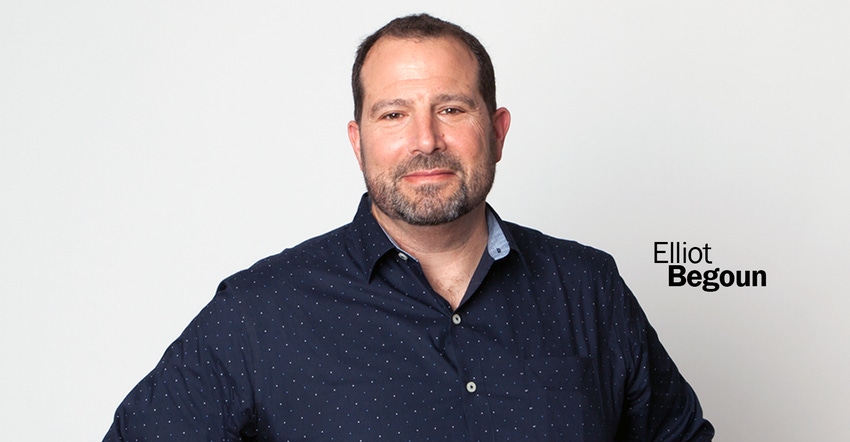The 3 things you should be doing to support your company’s growth
Many founders are focused on growing their emerging businesses, but doing so without setting up the proper foundation can prove fatal. Here are the activities you should be engaged with on a regular basis.

If you are a founder or co-founder of an emerging food and beverage brand and you are not engaged in one or all of the following activities—preparing to effectively raise capital, growth hacking, or developing execution excellence and accountability—you are in trouble. For it is these three activities that deliver growth in a manner that is both scalable and investable. Let’s investigate each of these individually.
Preparing to effectively raise capital
I will start with this simple truth: it always winds up costing more money than one thinks to grow a brand. Regardless of whether you plan to bootstrap, fund through cash-flow or have just successfully closed a financing round, you better prepare to raise more funds. Doing so is not just about the money. The process of crafting the optimal investor story helps you become a better company and a stronger brand, because a cogent investor presentation requires that you have clarity on the problem that your product solves or the unmet need that it fills. It forces you to quantify the size of the addressable market and to really understand and question your go-to-market economics.
Preparing to raise funds also necessitates that you honestly assess your investment readiness and business scalability and have a conversation as a founding team about vision, risk tolerance and the needed support beyond the capital. Lastly, getting pitch-ready helps hone your ability to talk about your brand not only to investors but to consumers, customers and potential employees.
Growth hacking
Growth hacking necessitates imperfect action. It doesn’t allow for waiting until you have all the answers and all your ducks in a row. Done right, you are a mad scientist designing omnichannel experiments that prove product/market fit, build velocity and hopefully generate some needed revenue. This is the data that informs good strategy and smart decision-making.
Growth hacking makes brands more nimble and fast-acting. It helps clarify the optimal channel and distribution model. It provides feedback on positioning, packaging and pricing. Importantly, it feeds the development of the ultimate route-to-market and go-to-market strategy.
Execution and accountability
To grow quickly, an organization must create the structure that can absorb and support that growth. Though it's often overlooked, this is a vital activity. Establishing the needed discipline, determining the right KPIs to measure, installing the necessary processes and procedures, and instilling a culture of accountability are all a must.
Frequently, this is ignored. Too much focus is spent on growing and too little on preparing to support that growth. This is how companies fail. They don’t have the infrastructure needed to provide quality customer service and hold employees and contractors responsible for their performance. They lack the back-of-the-house capacity to get the critical things done that all businesses must, such as managing receivables, payables and more.
None of the above is particularly exciting or sexy, but all three are key to the long-term success of an emerging business. They can be viewed as distinct stages but are better thought of as part of a continuous cycle. Every brand should be engaged in each of these activities on a regular and ongoing basis.
As a founder, you should be asking yourself routinely, how am I preparing to raise capital, what can I be doing to hack growth and how do I ensure execution excellence and organizational accountability? Doing so will greatly improve your chances of scalable and investable growth.
Elliot Begoun is the founder of The Intertwine Group, a practice focused on helping emerging food and beverage brands grow and become scalable and investable.
About the Author(s)
You May Also Like




